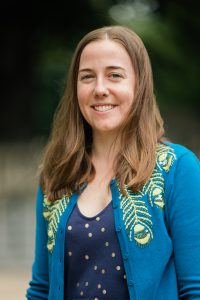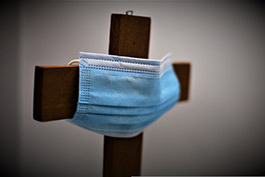I was talking with one of our Adaptive and Innovative Ministry graduates recently, and he was describing a decision he made early on in the life of his young faith community. See, they started their life together not long before the pandemic, and because they were in New York the pandemic hit them and everyone in their city very hard. As that happened, this new, fragile faith community had a little bit of money to launch itself, a small group of people who had come to rely on one another rather quickly, and a very rapidly changing context. Members of the community were suddenly without jobs and incomes, health professionals were working long hours in nightmarish conditions, and people were leaving the city in droves.
As my friend said, “we assumed pretty quickly that the community wasn’t going to make it.” With that decision, possibilities suddenly opened up. As people needed money for food or rent or medical care, the church just paid for it. As folks walked through trauma, the church stopped trying to do everything in house, and started asking for help—especially from parts of the family of faith where spiritual practices were more natural and more regularly practiced.
Who already knew how to lament? And who was already praying, meditating, and breathing into the hard things? The community invited them into leadership. What was born was dynamic and interdependent, honest, and holy. Space opened up for people to process, to receive grace, and to support one another.
When the community let go of its own institutional permanence, the people it gathered became more resilient, both as individuals and as a community.
I don’t know how that community is doing now financially. I don’t know what their future is. But, the way that leader tells it, a whole world opened up when the community let go of its future, and turned over its resources to the people it claimed to be for. It made me wonder what becomes possible when we let go of the particular futures we envision for ourselves, our churches, and our communities.
What kind of radical care and connection might be possible, just out beyond the reach of our careful, planning, prudent selves? What happens when we start giving away the money, the expertise, the leadership roles and identities we have come to trust our future to? What happens when we start investing in the people who are in it with us? I’m not sure, but I’m trying in tiny ways to imagine this and test it out. I’m hoping God’s faithfulness and my courage will grow as I do the work. I hope that for you all too.
I’m glad we are in this together,
Karen Rohrer
Director of the Center for Adaptive and Innovative Ministry

